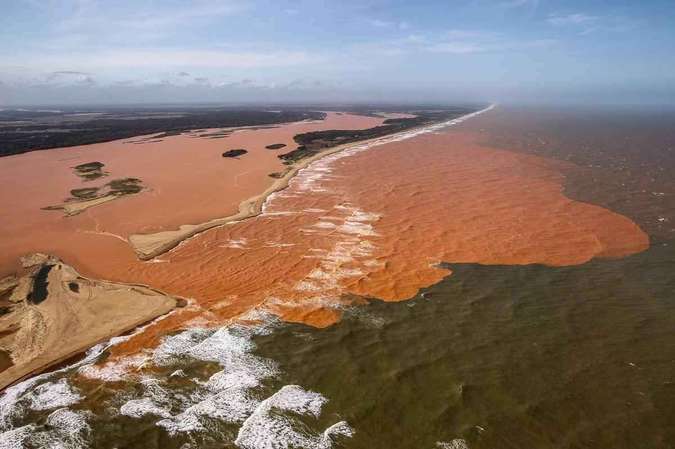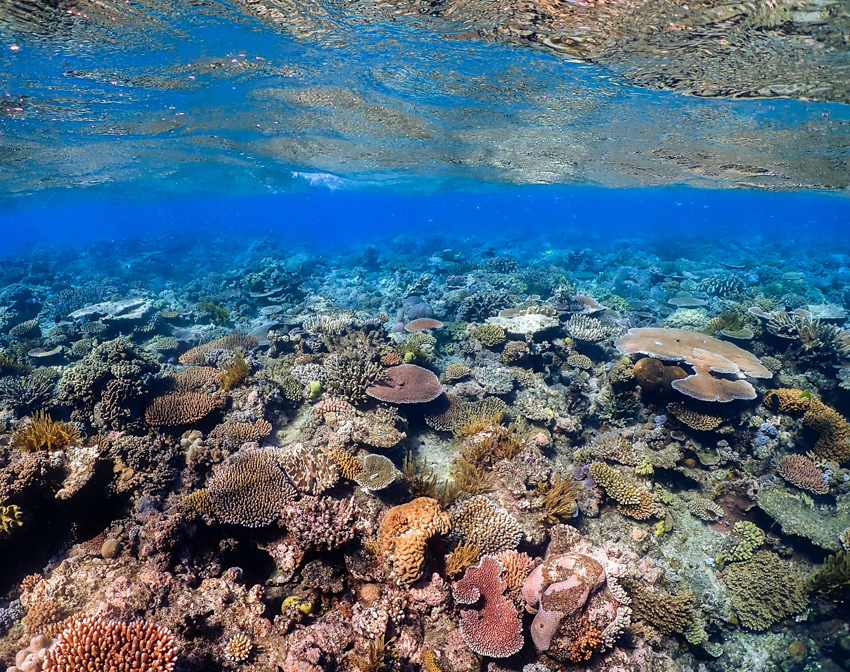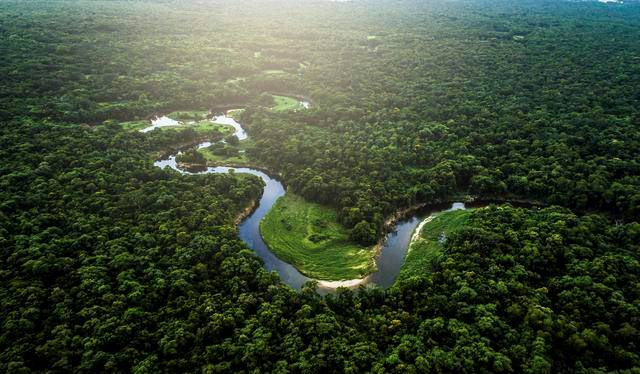Integrated approaches and Nature-based solutions for the restoration of degraded landscapes
Recommendations from the Rio Doce Panel on the restoration of the Basin affected by the failure of a mining tailings dam

Photo: Ricardo Moraes/REUTERS - 10 NOV 2015
Located predominantly in the Atlantic Forest, one of the most threatened biomes in the world, the Rio Doce Basin is a region with rich biodiversity and abundant water resources. About 3.5 million people - located in rural areas, riverside areas and municipalities from Minas Gerais all the way to the coast of Espírito Santo - depend on that Basin. This is a region of high economic relevance and potential; its history has been tied to natural resource extraction activities with a high potential for environmental degradation.
The collapse of the Fundão tailings dam in 2015 caused damage to more than 650 kilometres of the landscape and drastically affected the biodiversity and livelihoods in the region. Even after six years, its effects remain. In 2017, the Rio Doce Panel, convened and coordinated by the IUCN, was established to provide independent technical and scientific advice to the Renova Foundation, an entity created to carry out the 42 socio-environmental reparation programmes specified in an extra-judicial agreement known as Terms of Transaction and Conduct Adjustment.
 Photo: Gabriela Biló/Estadão Conteúdo
Photo: Gabriela Biló/Estadão Conteúdo
Restoring the Rio Doce poses a big challenge, mainly due to the region's size and history of degradation, which has been worsened by the impact of the disaster. For this reason, the Rio Doce Panel proposes a comprehensive and integrated approach to restore the environmental health of the watershed. The recommendations presented in the five years since the Panel's inception corroborate the view that the mitigation of these impacts must be sustainable and resilient and, above all, leave a positive and lasting legacy behind for present and future generations.
This integrated vision includes the socio-environmental and socio-economic restoration of the region to a better state than it was before the dam failure, with adaptive measures put in place to make the region more resilient to future threats, in addition to strengthening permanent governance structures to ensure the participation and engagement of communities in managing resources and directing investments geared towards restoration, always in a transparent and duly informed fashion.
To this end, the Panel recommends different actions, including the combined adoption of source-sea and landscape approaches in reparation efforts. This perspective ensures that analyses and diagnostics performed on ecosystem health consider all aspects of influence and take into account the scale and complexity of decision-making processes. When analysed under a landscape scale, this perspective allows for the integration of social, economic, development and cultural characteristics, which provide a deeper understanding of the demands, help inform the decision-making process and ensure efficiency in the allocation of financial and human resources.
Additionally, the Panel also recommends the adoption of Nature-based solutions when considering technological alternatives for remediation, restoration and compensation efforts, considering that they can be equally managed and monitored by rural and traditional communities trained for this purpose. Examples include the creation of ecological corridors, filter gardens and wetlands, and the use of natural structures for sewage treatment.
The Rio Doce Panel works in an integrated and long-term perspective when issuing its recommendations. As such, the effects of its work will often not be noticed immediately. If implemented, however, the recommendations will better guide restoration efforts, with positive results based on the legacy of the programmes, in addition to contributing to the maturing of a governance structure capable of benefiting from the ongoing process and continuing the much-needed restoration of this important Brazilian ecosystem.
 Photo: Nitro
Photo: Nitro
The Rio Doce Panel is an Independent Scientific and Technical Advisory Panel convened and managed by the International Union for Conservation of Nature (IUCN) to provide technical recommendations to the Renova Foundation with the critical objective of advising on the recovery efforts in the Rio Doce Basin after the failure of the Fundão dam.



